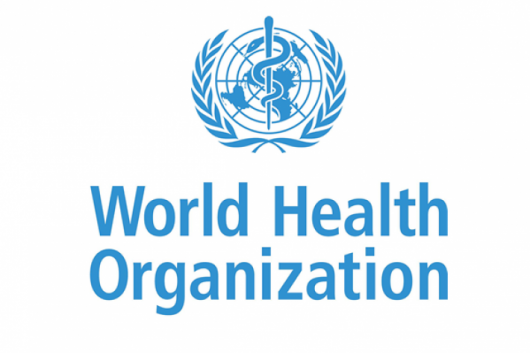By Haruna Gimba
A senior World Health Organisation (WHO) official described $28 billion needs by an international coalition aiming to tackle the COVID-19 pandemic, as a bargain price for stopping the damage done by a virus that has run rampant for the past year.
Dr Bruce Aylward, Senior Adviser to the WHO Director General and lead for the coalition, known as ACT Accelerator, said the deal is the best in town as it will pay itself off within 36 hours, “once we get international travel and trade mobility moving again.”
Access to COVID-19 Tools Accelerator (ACT Accelerator), is the UN-launched group of countries and organizations overseeing the development, production and equitable distribution of affordable COVID-19 vaccines, therapeutics and diagnostics.
The group has three big targets; two billion doses of vaccines at least by the end of 2021, 500 million new rapid diagnostics for low and middle income countries, and 250 million therapeutic tests.
“The accelerator is all about an integrated end-to-end solution to the pandemic,” Dr. Aylward told a regular UN briefing of journalists in Geneva.
He added that the meeting of the ACT Accelerator Facilitation Council, a body tasked with mulling the political and financial difficulties that will need to be overcome.
A UN statement said the meeting received welcome news of a $255 million contribution from Canada, but it plans to meet again in early February, to work out how to fill the funding gap.
“Raising $28 billion was a real challenge in the current fiscal environment, but it made sense to tackle the problem head on. Frankly, if we don’t do this in a coordinated way, it is going to cost more, be slower and this pandemic is just going to drag out longer.
“Right now, financing is what stands between us and getting out of this pandemic as rapidly as possible. It’s as simple as that,” Dr Aylward added.
The cost was larger than the total annual amount of Overseas Development Assistance (ODA) for health worldwide, which comes to around $26 billion.
But it would be a mistake to raid ODA to finance ACT Accelerator, he said, because it would deprive vital funds from other areas, such as malaria, HIV and antenatal care.
“There’s also a very hard look at stimulus financing. G20 countries have put about $12 trillion into their economies, about half of that almost in cash, to try and address the consequences of COVID-19, so part of the argument that we’re making as well is we need to find a way to unlock a chunk of the stimulus financing to actually deal with the root cause,” said the top adviser.




